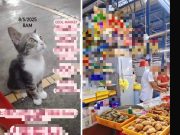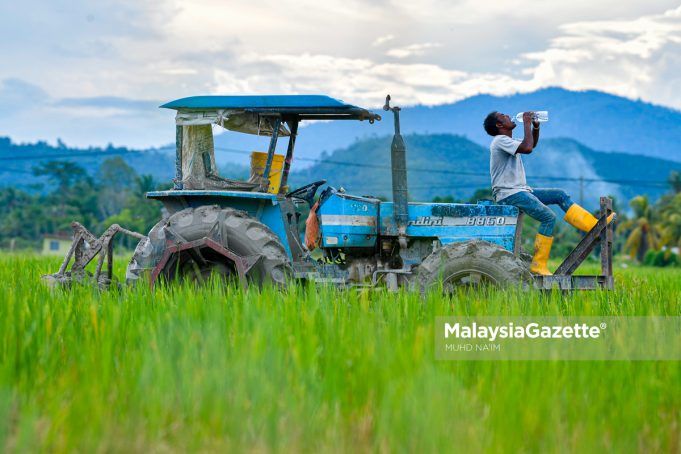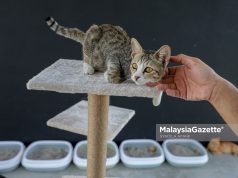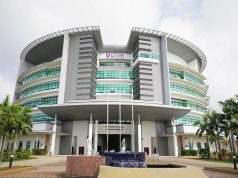ANNUALLY, Malaysia needs to tackle 1.2 million tonnes of agri-food waste to accomplish the global goal of halving carbon dioxide emissions by 2030. However, traditional disposal methods have proven to be unsustainable. Instead, upcycling agri-food by-products by taking discarded, or unwanted products and transforming them into something new and of higher value or quality may present new economic opportunities. This alternative aligns with Malaysia’s sustainability goals outlined in the 12th Malaysia Plan, Shared Prosperity Vision 2030, and UNSDG12.
However, businesses need to look deeper into innovating the upcycling food waste stream as the processes to mitigating food waste in Malaysia are rather limited. One such example is preventing durian wastage and mitigating its economic and environmental impact, with scientists from Singapore developing durian seeds as a food stabiliser in 2019.
Although there are a handful of companies focused on upcycling agricultural waste, mostly on fertiliser-related products, most focus their efforts on textiles. Businesses need to go beyond merely textiles and fertilisers to other innovative products such as upcycling agricultural waste, particularly from fruits and herbs, into nutritional supplements and health products.
In recent years, the global food and beverages market has witnessed a significant transformation driven by factors such as conscious consumerism, zero-waste living, and growing concerns over food security. This practices has led to businesses rethinking how they can integrate sustainability into their marketing strategies to meet consumer preferences and differentiate their brands.
The movement towards sustainable food consumption and sustainability marketing is not only a global phenomenon but also one that has profound implications for a nation. This is due to its triadic benefits, including environmental benefits (reducing waste, conserving resources, lowering carbon emissions); economic advantages (cost savings, job creation in sustainable industries); and social benefits (community engagement and empowerment through upcycling initiatives).
While plastic recycling initiatives such as Reduce, Reuse, Repair and Recycle, no straws and single-use plastics campaigns have gained some momentum, the focus on sustainable food consumption in Malaysia has been less pronounced. This shift in consumer behaviour is intertwined with various global developments, including supply chain disruptions especially due to war and global pandemics in regions like Ukraine, China, and India, which have underscored the importance of self-reliance in food production.
Despite Malaysia’s recent budgetary emphasis on self-production by incentivising farmers and fishermen through the introduction of the Second Madani Budget, the allocation did not place sufficient focus on upcycling food waste, an area where readily available resources remain underutilised. There are still challenges that remain including sourcing materials, scaling production and customer acceptance. Business could take advantage of these opportunities to collaborate with local suppliers to develop innovative technologies that address such challenges.
The size and significance of the sustainability food market compared to the conventional food market warrant in-depth exploration, in which it plays a significant role in the Malaysian economic landscape concerning sustainability. Despite its potential, the sustainable food market in Malaysia lags behind the wider F&B sector. This disparity suggests an intriguing market phenomenon that calls for future-forward actions towards greater environmental sustainability.
The valorisation or transformation of agri-food waste into valuable products will also contribute to the growth of entrepreneurial ventures which is in line with 17 ‘Big Bolds’ in Ekonomi Madani about empowering micro, small and medium sized enterprises and social enterprises. This initiative will be able to address environmental issues and food security as well as create job opportunities and increase product innovations for a greener future.
By: Dr Aqilah Yaacob, Dr Karen Tsen Mung Khie, Dr Gan Jen Ling
Taylor’s University

















